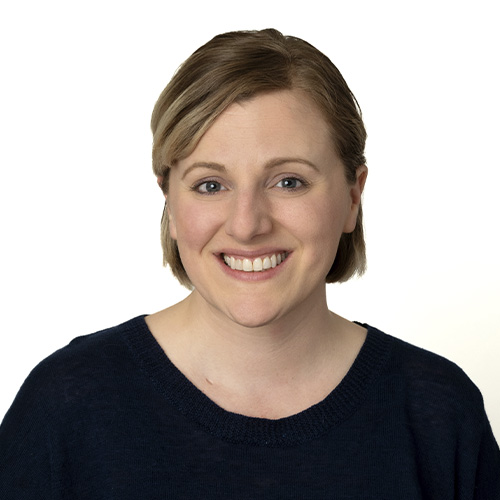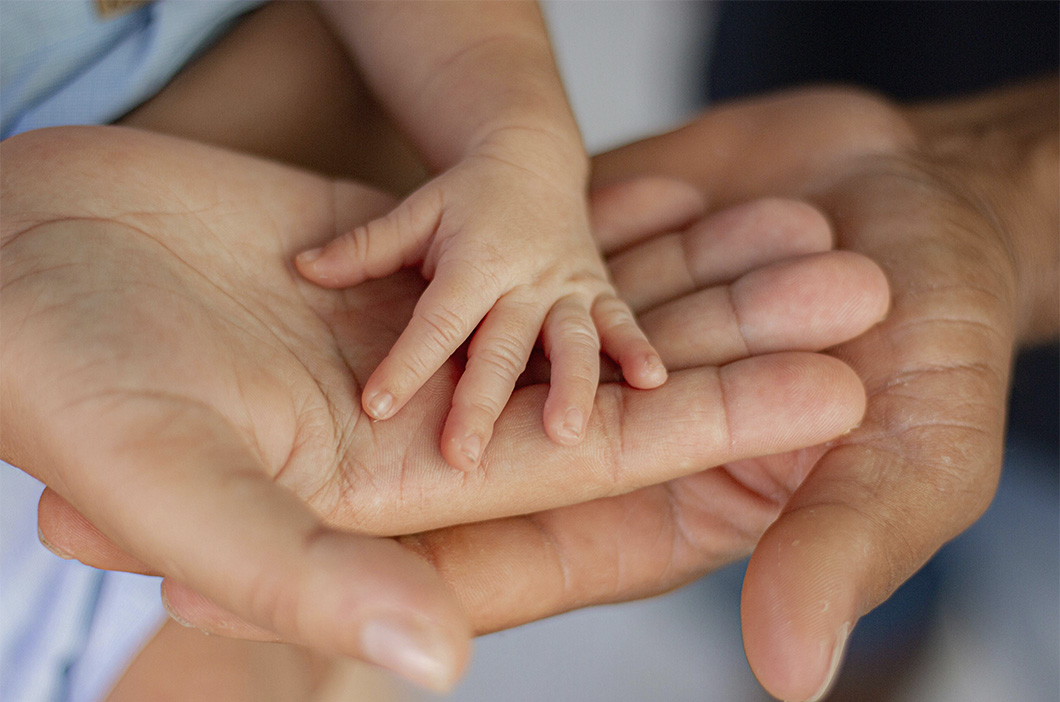By Amanda DeBoy
My path toward becoming a mental health counselor has been profoundly shaped by personal experiences of both loss and healing.
Through navigating my own challenges, as well as witnessing the struggles of those close to me, I have come to understand the deep and lasting impact that emotional pain and grief can have on an individual’s life.
Growing Up Amid Uncertainty and Loss
As a child of parental separation, I grew up navigating the emotional complexities of a divided family. That early instability shaped how I viewed relationships and trust.
In adulthood, I faced another profound loss, the death of a close family member, which introduced me to a different kind of grief. It carried the finality of no second chances: no more conversations, no opportunities to heal old wounds or create new memories.
The absence left behind was not only emotional but existential, reshaping my understanding of connection, presence, and permanence. It served as a reminder of how fragile and unpredictable life can be.
In addition to these losses, I’ve witnessed loved ones struggle with substance use. That experience created a persistent tension between hope and fear, love and disappointment. It took time and reflection to recognize how deeply those dynamics influenced my life, and how they further shaped my perspective on emotional resilience and relational patterns.
Together, these experiences forced me to confront the fragility of life, both in sudden and prolonged forms. They deepened my capacity for empathy, patience, and nonjudgment.
While these personal challenges left emotional imprints, they also shaped my ability to hold space for others navigating their own complex journeys through trauma, loss, and healing.

Finding New Possibilities in College
When I first began college, I intended to become a school counselor, motivated by a desire to support children of divorce or separation, something I had experienced myself.
I remember not particularly connecting with my own childhood therapist, and I wanted to take what I had learned from that experience and use it to help others feel more seen and understood.
As I moved through college, my eyes were opened to a broader range of career possibilities. I always knew I wanted to work in a helping profession—I just wasn’t sure in what capacity.
After earning my bachelor’s degree, I accepted a position working with new parents, helping them prepare for and understand the developmental milestones of their infants and young children, with the goal of preventing child abuse.
Supporting Families at the Start of Life
From there, I was given the opportunity to start a doula program within that organization. After completing the training to become a birth doula, my passion for working with the perinatal population blossomed.
With a doula certification and a lactation counseling certification, I’ve had the privilege of supporting families through the transformative experience of birth—sometimes navigating labor anxiety due to past trauma, birth trauma, loss, or unmet expectations.
I have attended over 50 births, provided postpartum care, and supported countless families with breastfeeding and early parenting.
Through my work in both nonprofit agencies and my own private doula practice, it became increasingly clear how limited the resources are for postpartum parents, and how essential it is for them to have a space to express a full range of emotions, from sadness to joy to uncertainty, during this monumental life transition.

What Moved Me to Go Back to School
That role taught me how to be fully present in moments of deep vulnerability. I learned how to witness without judgment, how to empower others through intense emotional experiences, and how to honor the mind-body connection—something too often overlooked in traditional care.
It was in the quiet strength of holding a hand during labor, or sitting with families after unexpected outcomes, that I discovered the healing power of simply being with someone in their truth. It was during this time that I returned to school to pursue my master’s degree in counseling.
My journey through the master’s program rekindled my interest in working with individuals facing a wide range of diagnoses, experiences, and life transitions, in addition to continuing my work with the perinatal population.
I found myself drawn once again to working with those impacted by trauma and loss, as I believe most people carry some form of both.
My Commitment to Helping Others
These personal and professional experiences have illuminated the critical need for compassionate support during times of transition, vulnerability, and trauma.
They have instilled in me a deep sense of empathy and a strong commitment to becoming the kind of presence I once needed—someone who can hold space for grief, uncertainty, and the process of healing. This commitment led me to the field of mental health counseling.
I wanted to deepen my capacity to help others navigate their emotional landscapes and offer not only presence but tools for healing and growth.
Becoming a counselor has allowed me to formalize the care I had already been offering and to meet people exactly where they are, with compassion, skill, and purpose.
I believe that healing becomes possible when people feel truly seen and heard, and it is my privilege to offer that space to others.
About the Author:

Amanda DeBoy, LPC
Amanda is a Licensed Professional Counselor and Perinatal Mental Health Certified with a background as a full-spectrum doula, specially dedicated to perinatal challenges, pregnancy, and infant loss.
With over six years of experience, she also supports clients dealing with depression, anxiety, substance abuse, grief and loss, as well as trauma & PTSD.

